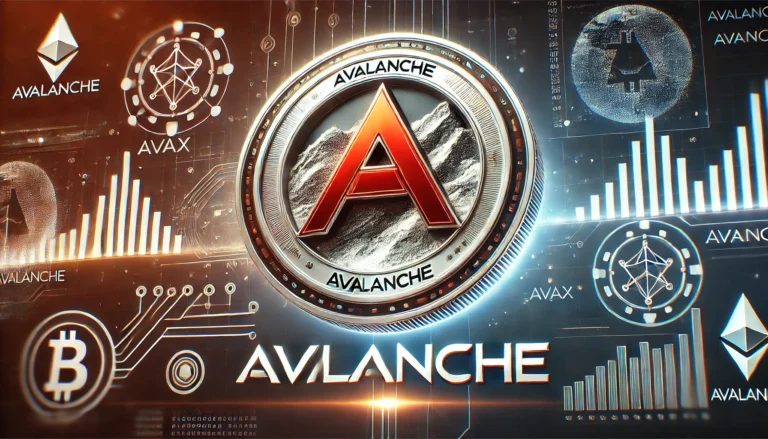Understanding Bitcoin: A Beginner’s Guide

Introduction
Bitcoin has revolutionized the financial world since its inception in 2009. It offers a decentralized, peer-to-peer system for transferring value without intermediaries. This blog aims to explain Bitcoin’s basics, its workings, and its potential impact on the future of finance.
What is Bitcoin?
Bitcoin is a type of digital currency known as a cryptocurrency. Unlike traditional currencies issued by governments (like dollars or euros), Bitcoin operates on a technology called blockchain. This blockchain technology ensures transparency, security, and decentralization.
How Does Bitcoin Work?
Bitcoin transactions are recorded on a public ledger known as the blockchain. When you send or receive Bitcoin, the transaction is verified by network nodes through cryptography and recorded on the blockchain. This process ensures that transactions are secure and prevents double-spending.
- Blockchain: A digital ledger that records all Bitcoin transactions.
- Mining: The process by which new Bitcoins are created and transactions are verified. Miners use powerful computers to solve complex mathematical problems, earning Bitcoin as a reward.
- Wallet: A digital tool that allows you to store, send, and receive Bitcoin. Wallets can be software-based (online) or hardware-based (offline).
Why is Bitcoin Valuable?
Bitcoin’s value is derived from several factors:
- Limited Supply: Only 21 million Bitcoins will ever exist.
- Decentralization: No single entity controls Bitcoin, making it immune to government interference or manipulation.
- Security: Bitcoin transactions are secured by cryptography, making them highly secure and nearly impossible to counterfeit.
- Adoption: As more people and businesses accept Bitcoin, its value and utility increase.
How to Buy Bitcoin
Buying Bitcoin is straightforward:
- Choose a Bitcoin Exchange: Platforms like Coinbase, Binance, and Kraken allow you to buy Bitcoin using traditional currency.
- Create an Account: Sign up and verify your identity.
- Deposit Funds: Transfer money from your bank account to your exchange account.
- Buy Bitcoin: Use the deposited funds to purchase Bitcoin.
Uses of Bitcoin
Bitcoin can be used for various purposes:
- Investment: Many people buy Bitcoin as a long-term investment, hoping its value will increase over time.
- Purchases: Some retailers accept Bitcoin as payment for goods and services.
- Remittances: Bitcoin allows for cheap and fast international money transfers.
- Decentralized Finance (DeFi): Bitcoin is increasingly used in DeFi applications, enabling lending, borrowing, and earning interest on digital assets.
Risks and Challenges
While Bitcoin offers many benefits, it also comes with risks:
- Volatility: Bitcoin’s price can fluctuate wildly, making it a risky investment.
- Regulatory Uncertainty: Governments worldwide are still figuring out how to regulate Bitcoin.
- Security Risks: While the Bitcoin network itself is secure, individual wallets and exchanges can be vulnerable to hacks and scams.
The Future of Bitcoin
Bitcoin’s future looks promising as it continues to gain acceptance and recognition. As technology advances and more people understand its benefits, Bitcoin could play a significant role in the global financial system.
Conclusion
Bitcoin represents a significant shift in how we think about money and finance. Understanding its basics can help you navigate this new digital frontier and make informed decisions about using and investing in Bitcoin.
Call to Action
Ready to dive into the world of Bitcoin? Start by learning more about blockchain technology and exploring reputable exchanges to buy your first Bitcoin. Stay informed, stay secure, and embrace the future of finance!




